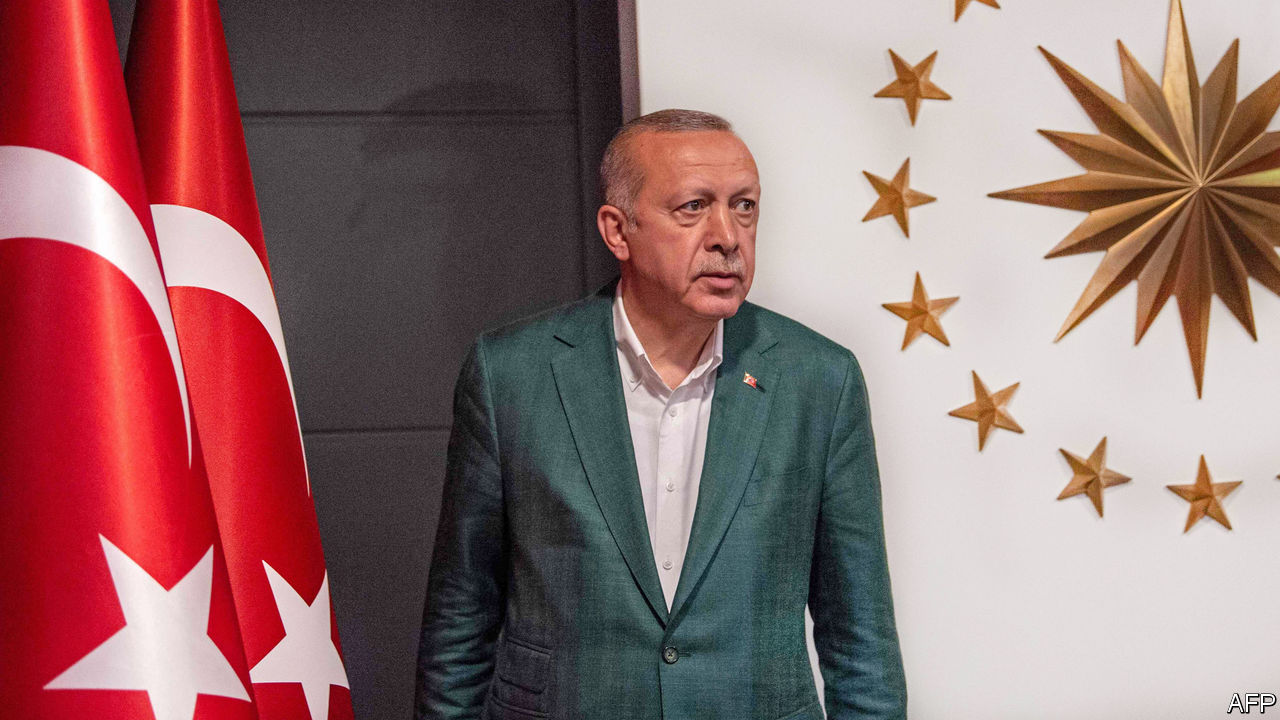 OVER THE past few years, president Recep Tayyip Erdogan and his government have throttled dissent, taken control of the judiciary and defanged the press, confining what remains of Turkey’s democracy to the ballot box. In municipal elections on March 31st, the ballot box struck back. Despite taking a plurality of the national vote, Mr Erdogan’s ruling Justice and Development (AK) party suffered defeats in five of Turkey’s six biggest cities, including Istanbul, the country’s economic engine, and the capital Ankara.
OVER THE past few years, president Recep Tayyip Erdogan and his government have throttled dissent, taken control of the judiciary and defanged the press, confining what remains of Turkey’s democracy to the ballot box. In municipal elections on March 31st, the ballot box struck back. Despite taking a plurality of the national vote, Mr Erdogan’s ruling Justice and Development (AK) party suffered defeats in five of Turkey’s six biggest cities, including Istanbul, the country’s economic engine, and the capital Ankara.The loss of Istanbul, in particularly, stung Mr Erdogan, given that he began his political career there over two decades ago. The AK’s mayoral candidate, a former prime minister and parliamentary speaker, Binali Yildirim, had the support of a media controlled by pro-government tycoons, his party’s seemingly unstoppable electoral machine and the president, who stumped for his candidates as if his own political future were on the line. The opposition’s pick, Ekrem Imamoglu, had the backing of a hapless, squabbling party, a fraction of his opponent’s resources and only a few years of experience as district mayor under his belt. But in one of the biggest upsets in Turkey’s recent election history, it was Mr Imamoglu, the relative unknown, who seemed to have won, by the thinnest of margins.
